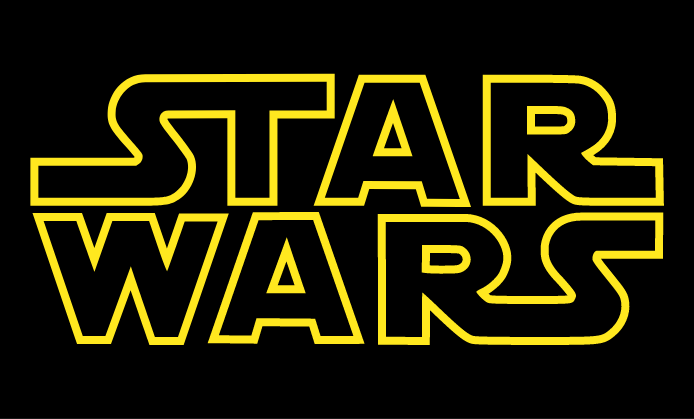
There's a lot of conversation among evangelicals about manhood and womanhood. What strikes me is how little of the conversation is rooted in anything the Bible says--because the Bible does not say much about what it means to be a man *in distinction to being a woman* & vice versa
There's a culture of machismo in some corners of evangelicalism that dresses up "traditional" (1950s) masculinity as "Biblical": Men must be physically strong, assertive leaders, breadwinners, protectors, etc. Go read @kkdumez book.
Thing is, all these notions of "traditional" masculinity mostly don't come from the Bible; they come from culture and biology. Testosterone makes muscles grow and tends to incline people to stronger feelings of aggression, competition, and drive. These traits get called "manly."
So the evangelical model of traditional masculinity commits the classic "is-ought" fallacy: it takes the raw data of nature and turns it into a moral imperative.
That's just wrong on its face for all the reasons Hume said like three hundred years ago.
That's just wrong on its face for all the reasons Hume said like three hundred years ago.
Much of traditional masculinity is just a baptized version of cultural stereotypes rooted in premodern life.
In fact, the Bible tells us to resist our fallen and sinful nature and cultivate humility, patience, and selflessness.
"Men should be manly men" isn't in the Bible.
In fact, the Bible tells us to resist our fallen and sinful nature and cultivate humility, patience, and selflessness.
"Men should be manly men" isn't in the Bible.
The better proponents try to link traditional masculinity to certain virtues, such as protecting and serving, showing courage, etc.
Of course women can also practice these virtues--which illustrates how hard it is to say anything about manhood *distinct from womanhood*.
Of course women can also practice these virtues--which illustrates how hard it is to say anything about manhood *distinct from womanhood*.
This isn't a commentary on complementarian theology, and I am not arguing that there are no meaningful differences between men and women--there are lots!--but pointing out that most of the ways we turn those differences into cultural norms and moral rules aren't in the Bible.
If there is an essential model of "manhood" to which we should aspire, it probably isn't *cultivating* aggression, drive, and competitiveness, but learning how to cope with what's already there, how to channel it, put it to good use, not abuse it for selfish gain.
Last point: I'm fairly terrified to share thoughts like these because it is such a minefield and a sensitive topic. If you think I've said it badly or you feel hurt by something here, I invite you to tell me directly. I'd prefer that to what's more typical on Twitter.
• • •
Missing some Tweet in this thread? You can try to
force a refresh




